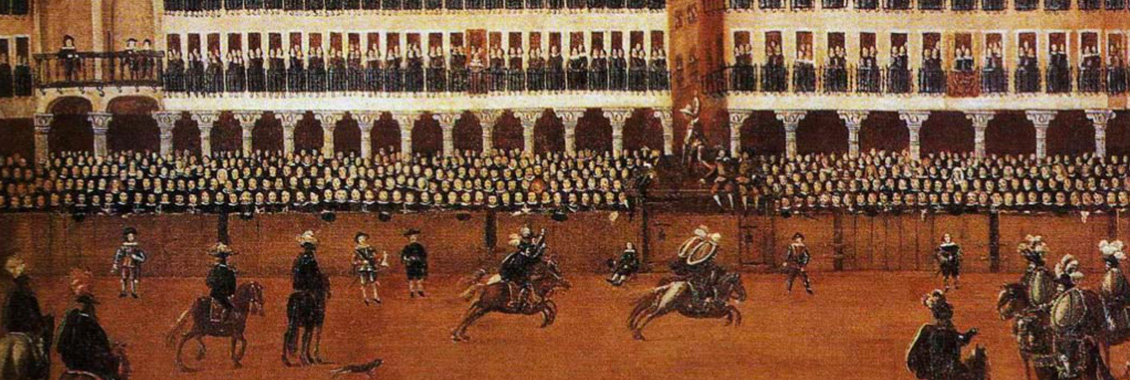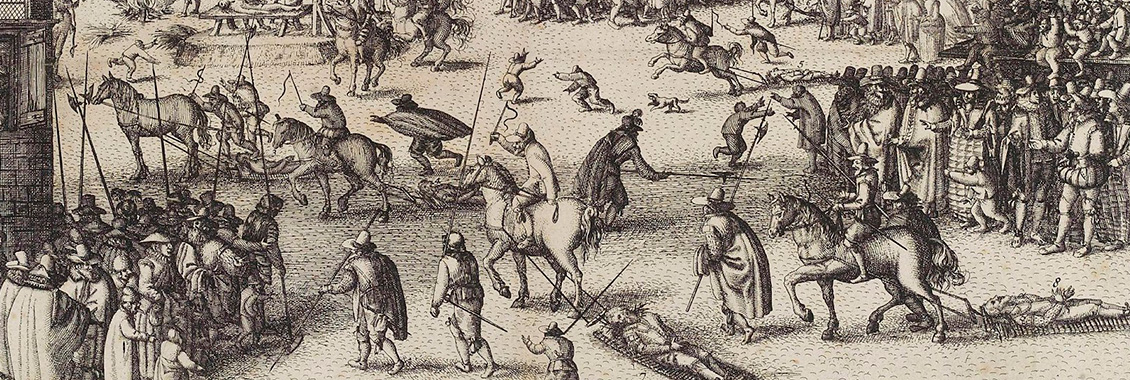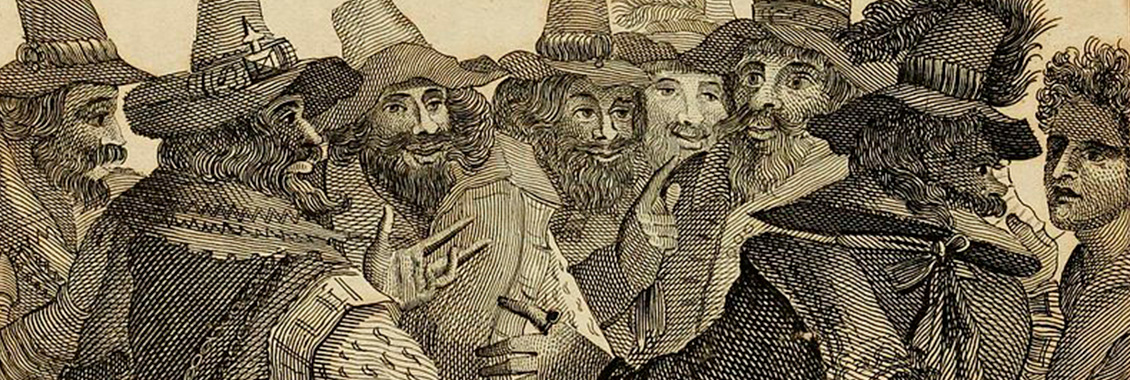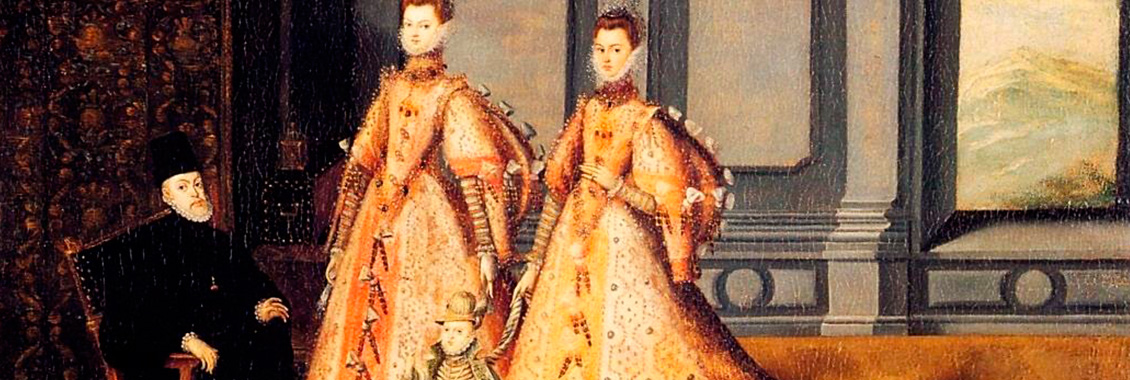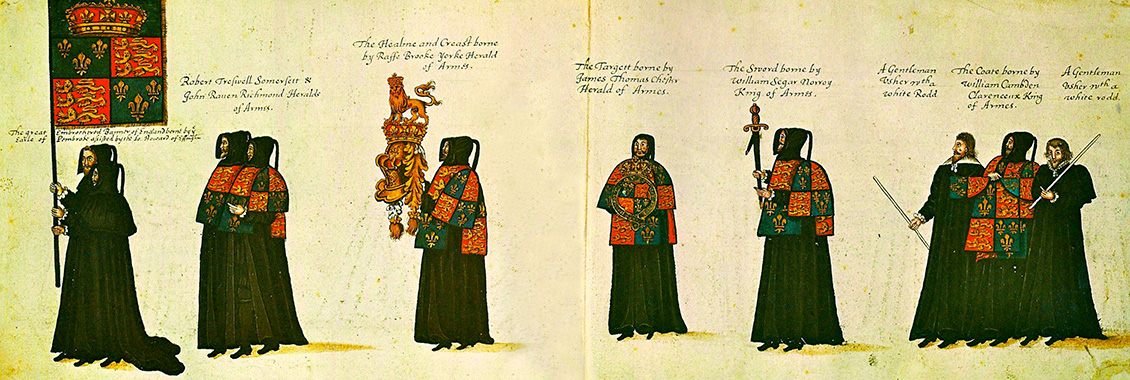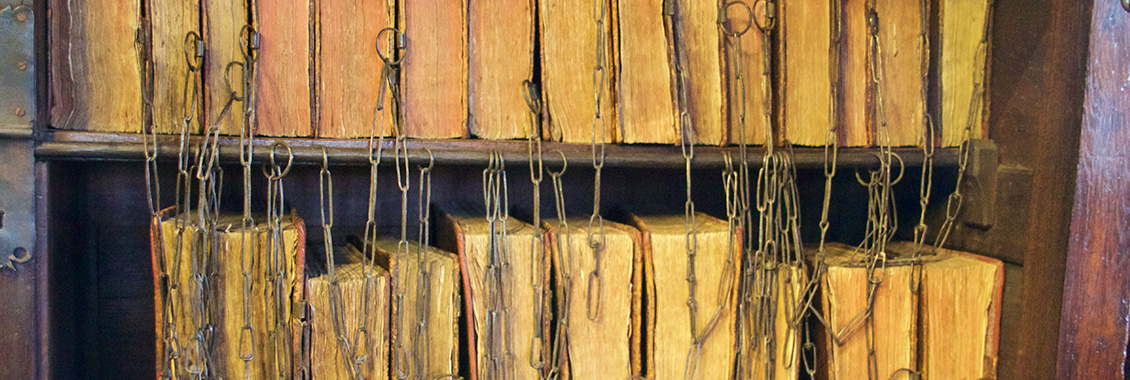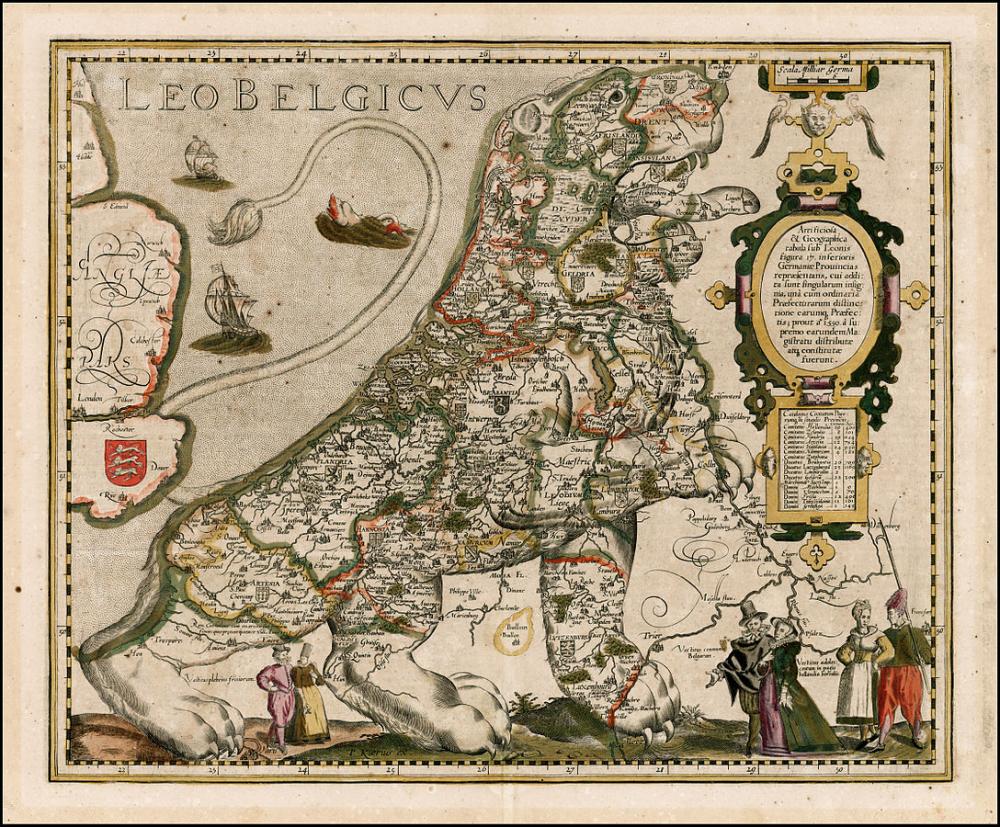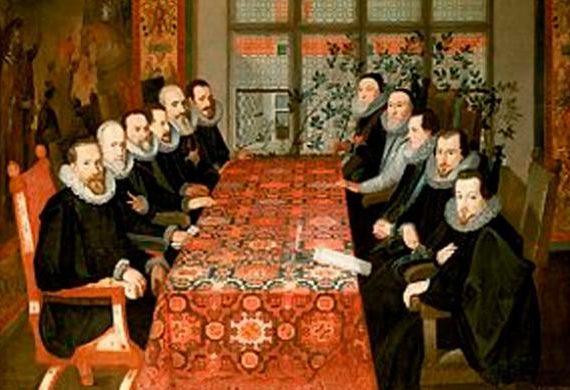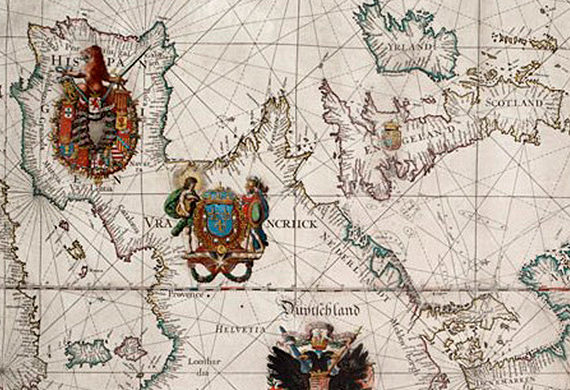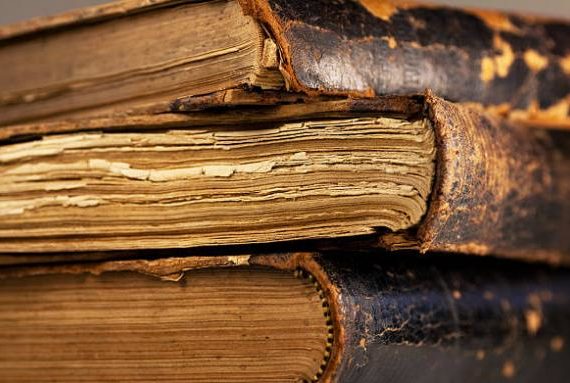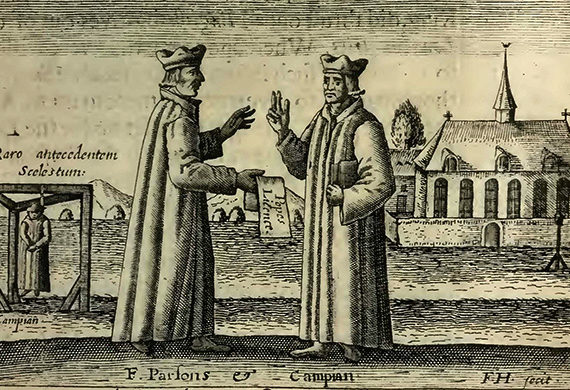
Exile and religion
A network of Catholic colleges was established in the Iberian Peninsula to give refuge to Irish, Scottish and English exiles. These colleges were under the direct protection of the Spanish monarchy but were also regarded with extreme suspicion by their home authorities. Celebrations and literary production served as a means of propaganda among the citizens of Valladolid, Sevilla, Salamanca, Lisbon or Madrid, where these groups of exiles established themselves.


